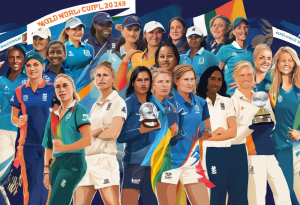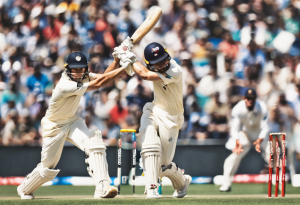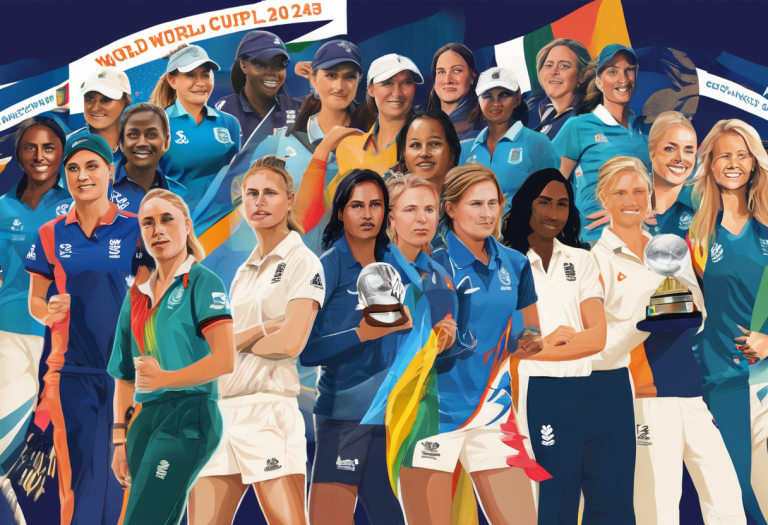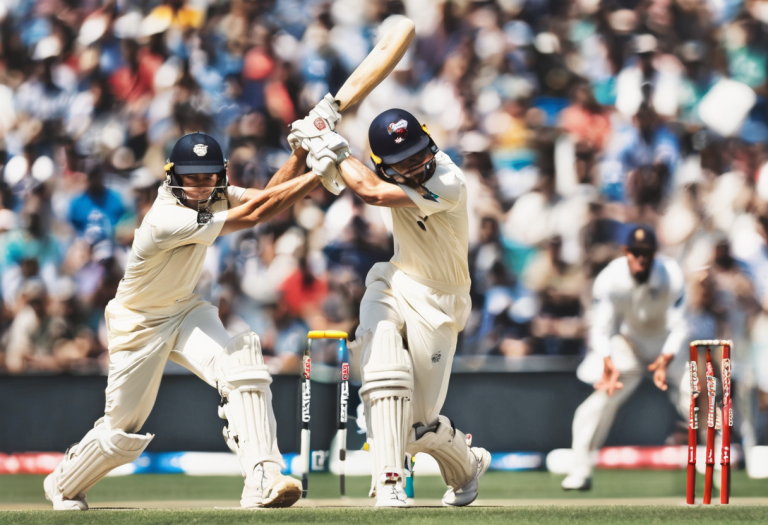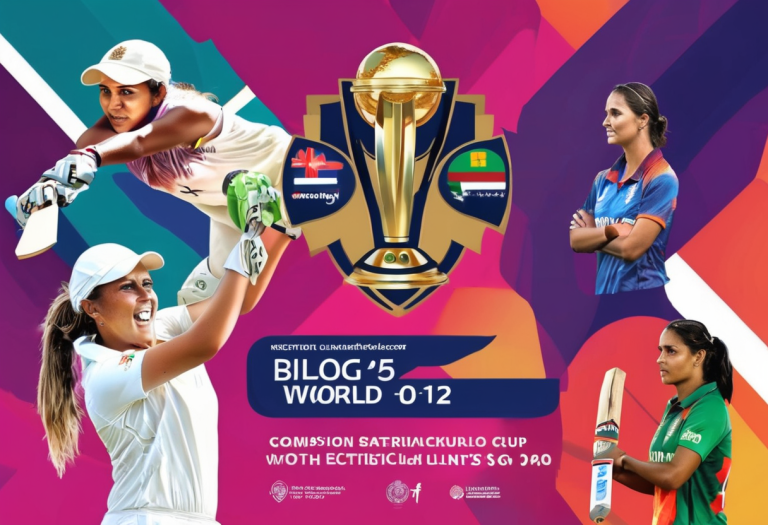The 2020 Women’s T20 World Cup proved to be a historical event for the sport, as it witnessed numerous statistical milestones achieved by players. These achievements not only highlighted the exceptional talent and skill of the women cricketers but also played a crucial role in breaking gender stereotypes and promoting women’s cricket on a global level.
One such milestone was achieved by Alyssa Healy, who made history by scoring the fastest fifty in a Women’s T20 World Cup final. Her 30-ball 75 runs not only helped Australia clinch the title but also set a new record in the history of the tournament. Along with Healy, her teammate and captain Meg Lanning also made her mark by becoming the leading run-scorer in the history of the Women’s T20 World Cup. Her 242 runs in the tournament were crucial in guiding the Australian team to victory and solidifying her position as one of the best batswomen in the world.
The highlight of the tournament, however, was the stellar performance by India’s Shafali Verma. At the young age of 16, Verma not only became the youngest player to play a Women’s T20 World Cup final but also the second-highest run-scorer in the tournament. Her aggressive batting style and consistent performances made her a fan favorite and established her as one of the rising stars in women’s cricket.
These and many other statistical achievements made during the tournament have not only highlighted the individual capabilities and strengths of the players but also paved the way for the growth and development of women’s cricket. They have shattered the stereotypes that women cannot excel in sports and have inspired young girls all over the world to dream big and pursue a career in cricket. These statistical milestones have not only made their mark in the history of women’s cricket but also opened the door for a brighter and more inclusive future for the sport.
